|
|
2004.11
Elektra |
Music by Richard Strauss (1909)
Libretto by Hugo von Hofmannstahl
OPERA HOUSE
5 performances
November 11(Thu)7:00pm, 14(Sun)3:00pm, 17(Wed)7:00pm,
20(Sat)5:00pm, 23(Tue)3:00pm 2004
Approximate running time: 1 hour, 45 minutes |
| Conductor: Ulf Schirmer
Director: Hans-Peter Lehmann
Scenery and Costume Design: Olaf Zombeck
<MAIN CAST>
Klytämnestra: Karan Armstrong
Elektra: Nadine Secunde
Chrysothemis: Nancy Gustafson
Aegisth: Richard Brunner
Orest: Chester Patton |
|
| |
| Background |
| Elektra is the first masterpiece produced by the fruitful
collaboration between Richard Strauss, one of the greatest German
composers who wrote music mostly in the forms of the symphonic poem,
the opera and the songs from the late 19th to the 20th century, and
Hugo von Hofmannsthal, a poet-dramatist who is known as a first-rate
talent in German literary history. Strauss had established himself
as an opera composer with his previous work Salome, but the
collaboration between the two artists led to the creation of Elektra,
which caused a sensation when it was first performed at the Hoftheater,
Dresden, in 1909. The two subsequently produced other masterpieces,
including Der Rosenkavalier (The Knight of the Rose), Ariadne
auf Naxos (Ariadne on Naxos), Die Frau ohne Schatten (The
Woman without a Shadow), Die aegyptische Helena (The Egyptian
Helena) and Arabella. Based on the tragedy by Sophocles,
one of the three major Greek tragic dramatists, the wild passions
of Elektra, a mythological heroine, are packed into the one-act drama.
Influenced by Wagner, the German composer’s music is dramatically
powerful and pushes forward with realistic sound expression using
music techniques that were avant-garde and daring for the
time. Because his orchestration is the largest in scale in modern
operatic history, singers performing as Elektra, in particular, are
required to have a capacious voice that can be heard above the music
and dense sounds of the orchestra. High expectation is also placed
on how Ulf Schirmer, who was highly acclaimed for his tightly knit,
fast-paced music when he conducted Le Nozze di Figaro, will
conduct the orchestra in this production. |
| Synopsis |
| The action takes place in ancient Greece after the Trojan War. On
the night Mycenaean King Agamemnon returns home as a hero from a victorious
war, he is murdered by Clytemnestra, his wife and queen, aided by
her lover Aegisthus. The king’s daughter Elektra, who witnesses
the murder, helps her young brother Orestes to escape from Mycenae
immediately after her father’s death so that they can both avenge
their father someday in the future. The stepfather, who subsequently
takes the throne, and Clytemnestra treat Elektra, who is always confronting
them, as though she were an animal. In the evening, in the courtyard,
Elektra mourns the death of her father and swears revenge. Her sister
Chrysothemis, seeking a woman’s happiness, tries to dissuade
Elektra from her schemes of revenge, but this falls on deaf ears.
Clytemnestra passes by and inquires of her daughter about the nightmares
that plague her every night. Elektra replies that Clytemnestra will
be offered in sacrifice by Orestes. Then comes the news of Orestes’s
death, and Elektra decides that she must act alone to avenge her father.
She begins to dig up the axe that had slain Agamemnon but is interrupted
by a stranger in the courtyard. This man is soon found to be Orestes,
and she becomes overcome with joy. Orestes enters the palace and kills
Clytemnestra and Aegisthus. Elektra dances in triumph before collapsing
dead. |
|
| |
| |
<Conductor> |
|
<Director> |
|
| |
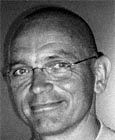 |
|
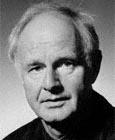 |
|
| |
Ulf Schirmer |
|
Hans-Peter Lehmann |
|
| <Main Cast> |
| |
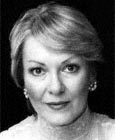 |
|
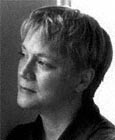 |
|
| |
Karan Armstrong |
|
Nadine Secunde |
|
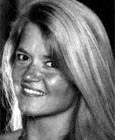 |
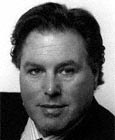 |
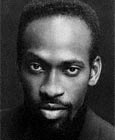 |
| Nancy Gustafson |
Richard Brunner |
Chester Patton |
|






